歌曲《你是我的宝》
有关刘三姐唱歌、对歌和传歌的故事主要流传于广西、广东、贵州、云南、湖南等省、自治区。其中,广西有贵港、宜州、来宾等38个传播地,占55%。显然,广西的传播地点最为密集,覆盖面遍及广西东南西北多个地域,而其他各地大多为流传的辐射地带。
The stories about Liu Sanjie's singing, dueling and passing on songs are mainly spread in Guangxi, Guangdong, Guizhou, Yunnan, Hunan and other provinces and autonomous regions. Among them, Guangxi has 38 communication places such as Guigang, Yizhou and Laibin, accounting for 55%. Obviously, Guangxi has the most intensive transmission sites, covering many areas in the southeast and northwest of Guangxi, while most of the other places are spread radiation areas.
壮族民间传说认为,刘三姐生于唐代,从小聪慧过人,能歌善唱,12岁即出口成章,妙语连珠,以歌代言,名扬壮乡,后曾到附近各地传歌。慕名前来与她对歌的人络绎不绝,短则一日,长则三五天,个个罄腹结舌,无歌相对,无言以答,羞赧而退。她的才华遭到流氓恶霸的嫉恨,后被害死于柳州,死后骑鲤鱼上天成了仙。
According to Zhuang folklore, Liu Sanjie was born in the Tang Dynasty. She was intelligent and good at singing since childhood. At the age of 12, she spoke eloquently and wittily. She became famous in Zhuang Township by singing. Later, she spread songs around the neighborhood. There was an endless stream of people who came to sing with her, ranging from one day to three or five days. They were all exhausted and tongue tied, with no song, no words to answer, and walked back shy. Her talent was hated by hooligans and bullies. Later, she was killed in Liuzhou. After her death, she rode a carp to heaven and became an immortal.
准确地说,刘三姐并非某一个具体的人,而是壮族群众根据自己对山歌的体验和理想追求而塑造出的心目中一位创造了山歌和爱情的歌仙。“刘三姐乃歌圩风俗之女儿。”刘三姐不但与歌圩紧密相连,更是歌圩文化的集大成者。同时,刘三姐也是壮汉文化交流、碰撞、融合的产物。秦汉以后,中原民族大量南迁,尤其是唐代,汉族文化在岭南广泛传播,不仅使“官话”(汉语西南方言)成为壮汉民族之间交流的通用语言,而且壮族传统的五言四句体的“欢”(即山歌)也吸收了汉族七言四句体的诗歌、民歌形式,但仍保留壮族押“腰脚韵”的传统。
To be exact, Liu Sanjie is not a specific person, but a singer who created folk songs and love in the eyes of the Zhuang people according to their own experience and ideal pursuit of folk songs. "Third Sister Liu is the daughter of the customs of the song fair." Third Sister Liu is not only closely connected with the song fair, but also the epitome of the song fair culture. At the same time, Third Sister Liu is also the product of cultural exchange, collision and integration between Zhuang and Han. After the Qin and Han Dynasties, a large number of people in the Central Plains moved south, especially in the Tang Dynasty. The Han culture spread widely in Lingnan, which not only made "Mandarin" (Chinese southwest dialect) a common language for communication between Zhuang and Han nationalities, but also the traditional "Huan" (i.e. folk song) of the Zhuang nationality also absorbed the forms of seven character and four sentence poetry and folk songs of the Han nationality, but still retained the "waist foot rhyme" of the Zhuang nationality Tradition.
因此,从本源上来说,“刘三姐山歌”则是壮族及其先民创作的以“刘三姐”艺术形象为表征的传统歌谣文化的积淀和升华,同时又在民族杂居的地区流传并衍生演化,进而形成了丰富多彩的刘三姐歌谣文化。
Therefore, from the origin, "Liu Sanjie folk song" is the accumulation and sublimation of the traditional ballad culture represented by the artistic image of "Liu Sanjie" created by the Zhuang nationality and its ancestors. At the same time, it spreads and evolves in the areas where ethnic groups live together, thus forming a rich and colorful Liu Sanjie ballad culture.




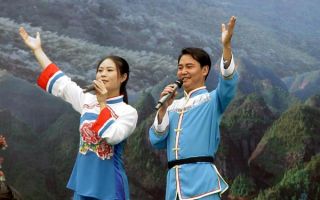
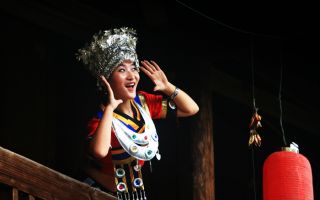
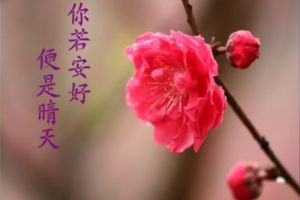
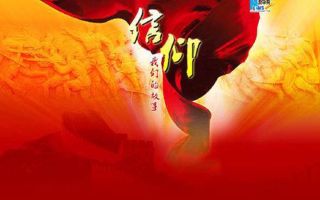
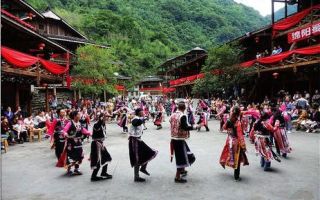

0 条 评 论 Write a Response